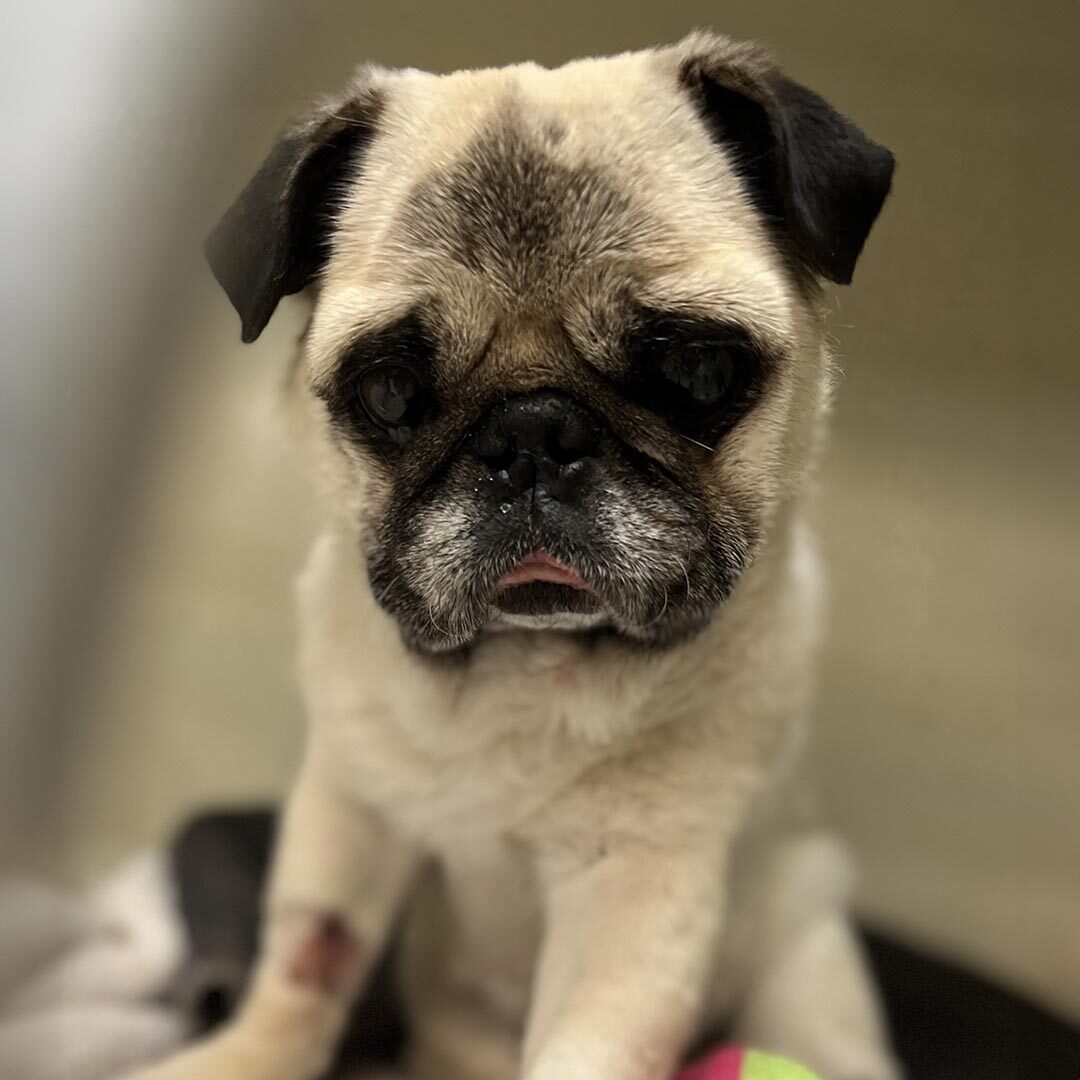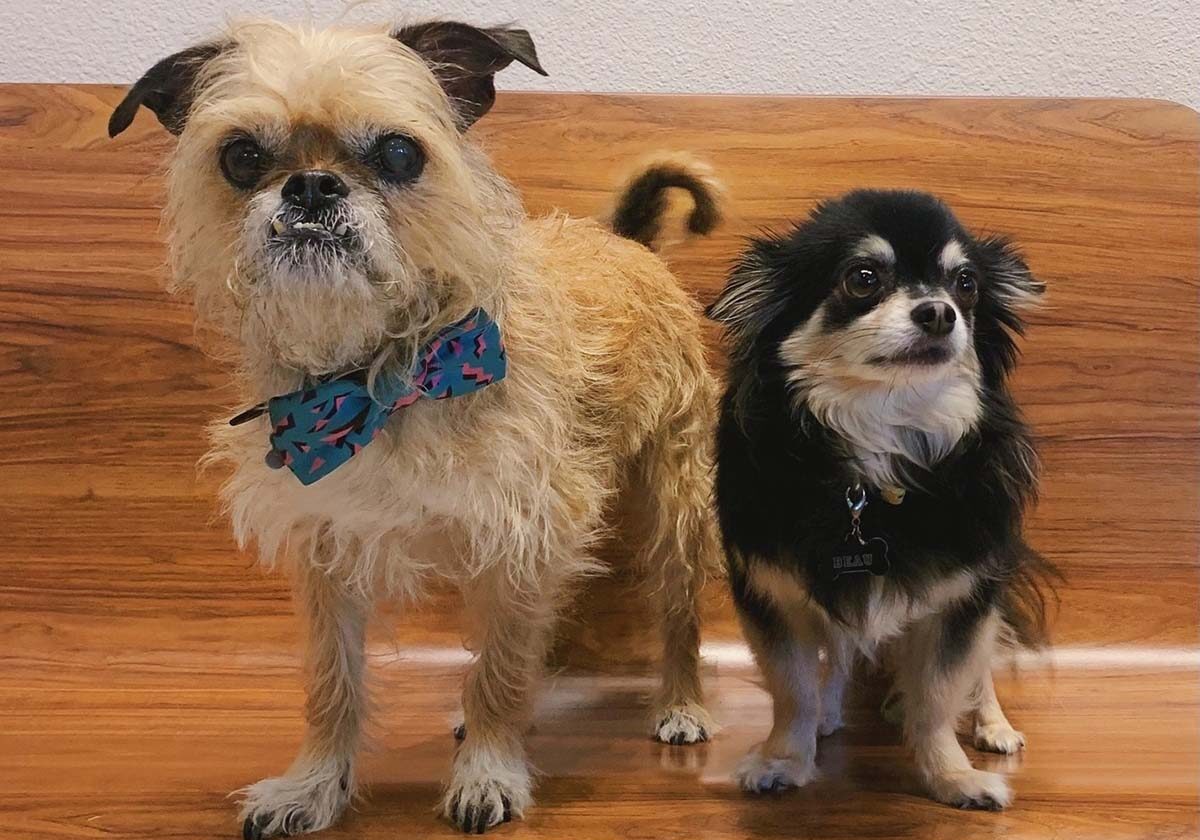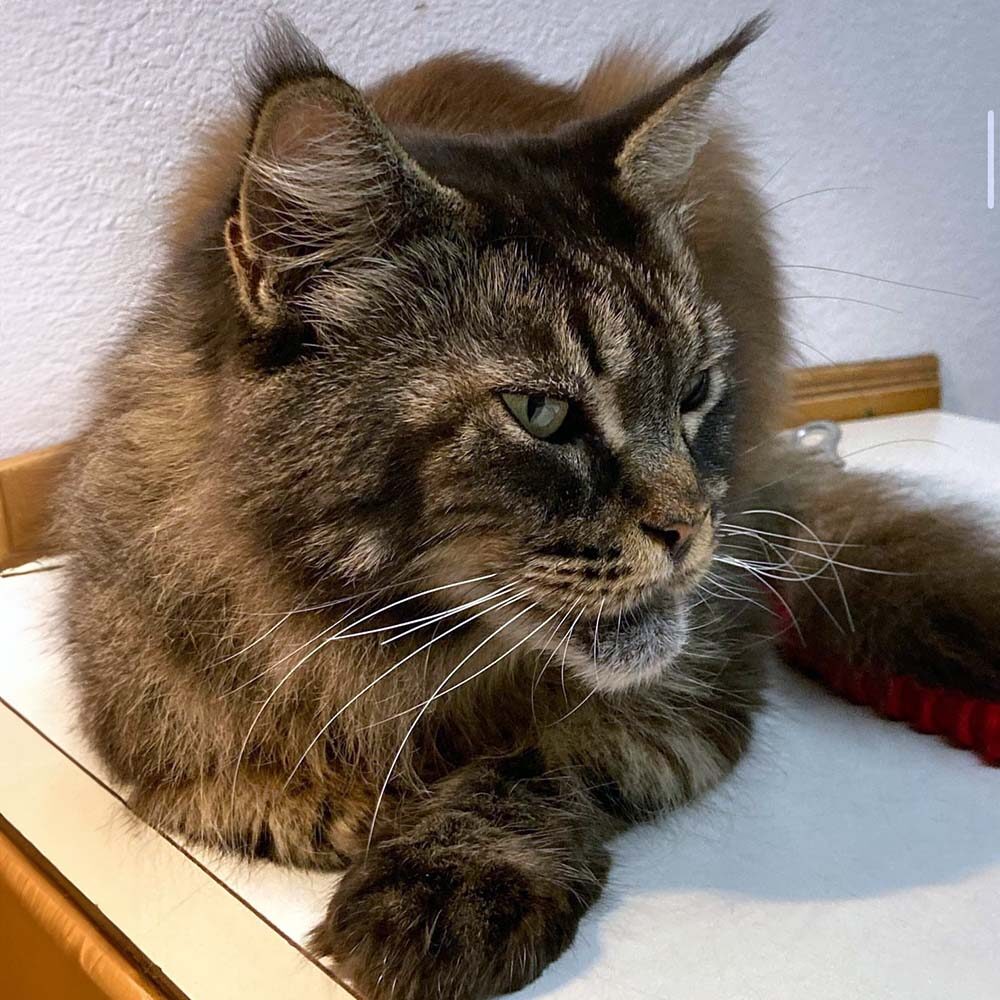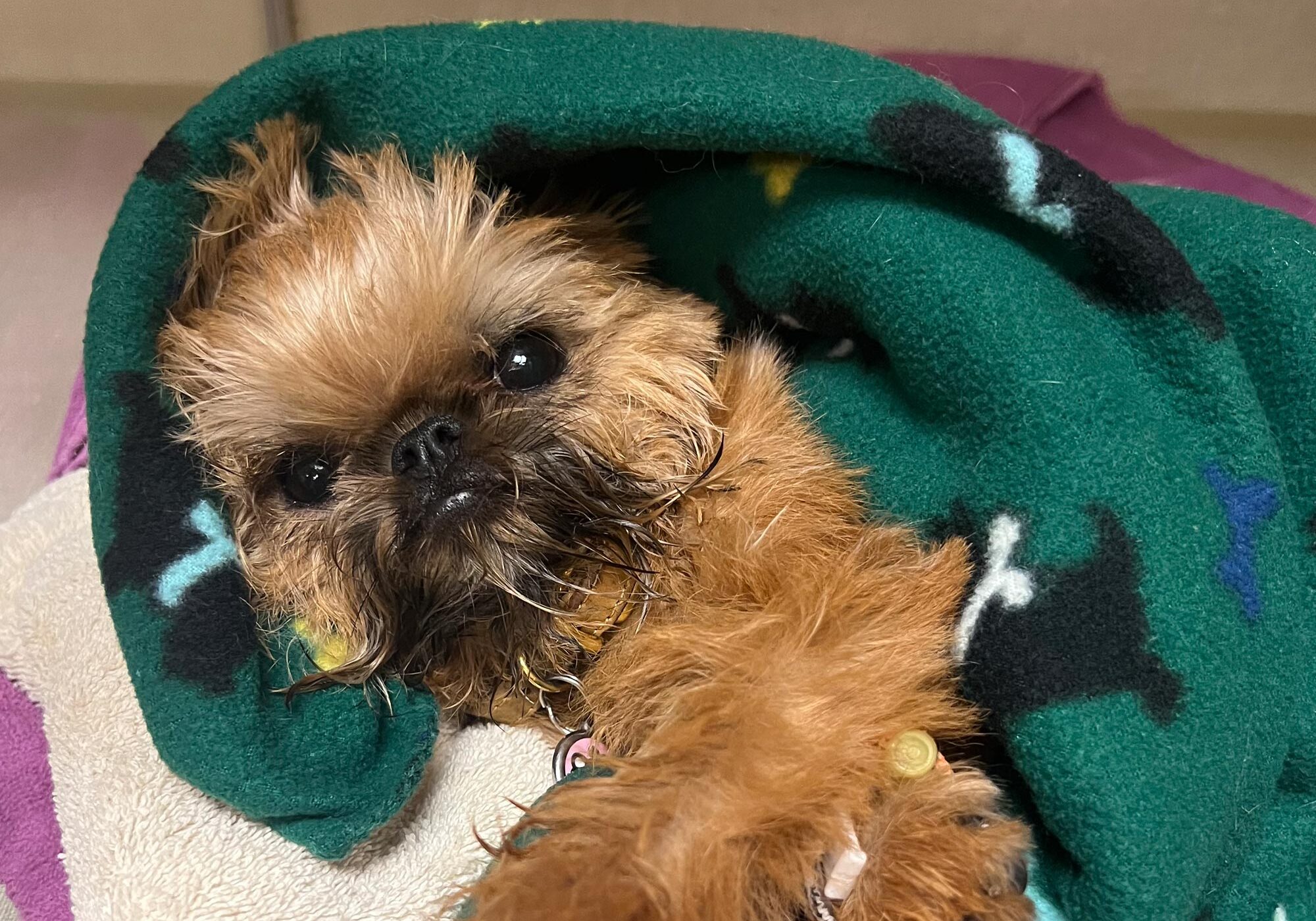Senior Dog and Cat Care and End-of-Life Services in Coronado, CA
As our pets enter their golden years, we see signs of aging that remind us they're not as spry as they once were. Dogs often become seniors around the age of seven, while cats reach this stage about two years later. Given that pets age faster than humans, it's vital to stay on top of their health to ensure they lead the longest, most fulfilling lives possible.
Let’s help your pet enjoy their senior years to the fullest. Call (619) 435-6281 or click below to schedule an appointment.

The Importance of Bi-Annual Senior Pet Exams

At Coronado Veterinary Hospital, we understand the unique needs of senior dogs and cats. That's why we recommend bringing your aging companions in for exams and blood tests bi-annually (every six months). These exams help us monitor your pet's health closely and catch any signs of illness or disease early on, making them easier to manage or treat.

Common Health Conditions in Senior Pets
As our beloved pets enter their senior years, they become more susceptible to a range of health conditions. Below are common health issues that affect both senior dogs and cats:
- Arthritis
- Kidney disease
- Heart disease
- Dental disease
- Diabetes
- Cancer
- Hyperthyroidism (mostly in cats)
What to Expect During Your Senior Pet's Exam
During a senior pet exam, a collection of blood tests, known as a "senior panel," is done to check red and white blood cell counts and assess how well vital organs like the kidneys, liver, pancreas, and thyroid are functioning. Depending on your pet's condition, we might also suggest a chest X-ray to examine the heart and lungs for any abnormalities.
Dental health is another critical area for senior pets. Gum disease and other dental issues can significantly affect their overall health and comfort. That's why a thorough dental exam is always part of our senior pet screenings.
Behavior changes can also indicate health problems. We encourage you to inform your vet about any new behaviors, especially those that may suggest cognitive dysfunction, such as confusion, disorientation, or housebreaking lapses. Early detection of these signs allows us to provide the appropriate care and support for your pet's changing needs.

Managing Your Pet's End-of-Life Care

Saying goodbye to a cherished pet is one of the hardest decisions a pet owner can face. Coronado Veterinary Hospital offers in-clinic and in-home pet euthanasia services to provide a peaceful and dignified farewell for your companion. This service is part of our commitment to supporting you and your pet through every stage of life, including the final moments.
We're here to guide you through this difficult time with sensitivity and understanding. If you're facing end-of-life decisions for your pet, call Coronado Veterinary Hospital at (619) 435-6281.